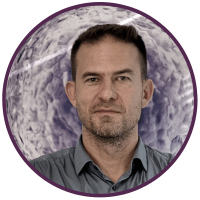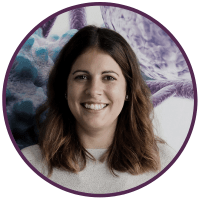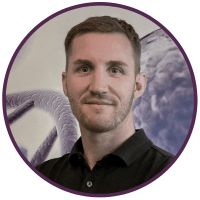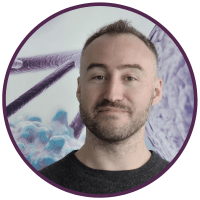Virtual Symposium: New GMP iPSC lines and improved differentiation workflows for cell therapy
Catalent’s iPSC experts discuss their GMP induced pluripotent stem cell (iPSC) platform featuring upcoming new cell lines and a simple high-efficiency gene editing workflow, as well as novel differentiation protocols.
Methods for the generation of iPSCs, as well as for their conversion into defined cell types, have substantially evolved over the last years. For these to be applied in cell therapy, the underlying procedures must be as simple as possible, display a high degree of robustness, be cost-effective, scalable and overall GMP-compatible. In this webinar, Catalent’s iPSC experts will discuss their GMP iPSC platform featuring upcoming new cell lines and a simple high-efficiency gene editing workflow.
Also, our speakers will highlight the evolution of novel differentiation protocols for key medical cell types – RPE cells, MSCs, cardiomyocytes, and immune cells (Mq, T, NK) – as developed from the start with a view on GMP manufacturing.
What will you learn?
- GMP-grade iPSC manufacturing and the importance of regulatory compliance
- iPSC-specific process development exemplified by an optimized gene editing workflow
- Specific challenges and solutions for generating medical cell types from iPSCs
Who this may interest?
- Anyone working with iPSCs for cell therapies
- People looking to optimize iPSC GMP manufacturing
- People interested in novel iPSC gene editing and differentiation protocols
Speakers
 Boris Greber
Boris Greber
Head of Research and Development (R&D), iPSC/CT, Catalent
Catalent
Boris Greber is the Head of R&D, iPSC at Catalent Cell & Gene Therapy in Europe. He joined Catalent as part of the RheinCell Therapeutics acquisition. He previously served as an independent research group leader at the Max Planck Institute for Molecular Biomedicine (Münster, Germany). Boris is internationally recognized with a 15-year track record in basic and applied human iPSC research.
 Soraia Martins
Soraia Martins
Scientist
Catalent
Soraia Martins is an R&D Scientist at Catalent Gene and Cell Therapy (Dusseldorf, Germany) with a profound passion for stem cells. Her academic journey started in her home country, Portugal, where she earned her BSc and MSc in Molecular Biomedicine. Later, she pursued her PhD in Biology, specializing in stem cell research. During her doctoral research, Soraia focused on modeling neurological diseases using iPSCs. She furthered her expertise in stem cells and disease modeling during her postdoc at the Leibniz Institute (Berlin, Germany). In her current role as an R&D Scientist at Catalent, Soraia’s primary focus is on iPSC upscaling and iPSC differentiation into cardiac cells, with the ultimate goal of developing innovative medicine therapies to improve human health.
 Björn Hiller
Björn Hiller
Scientist
Catalent
Björn Hiller works as a scientist in the R&D department at Catalent Cell & Gene Therapy in Dusseldorf, Germany. As a trained immunologist with a deep understanding of the innate and adaptive immune system, he contributes to the development of iPSC-derived immune cells, in particular. iPSC-derived T cells.
 Daniel Terheyden-Keighley
Daniel Terheyden-Keighley
Scientist
Catalent
Daniel Terheyden-Keighley is a scientist in the R&D department at Catalent Cell & Gene Therapy in Dusseldorf, Germany. As a biologist from the UK, he came to Germany over a decade ago to begin a career in stem cell biology, with extensive research stays in Shanghai, China, developing neuronal iPSC differentiation methods. He took this expertise forward into his current role developing immune cell differentiation technology at Catalent, including iPSC-derived HSPCs and NK cells.
In association with
This webinar was recorded on 4 December 2023
